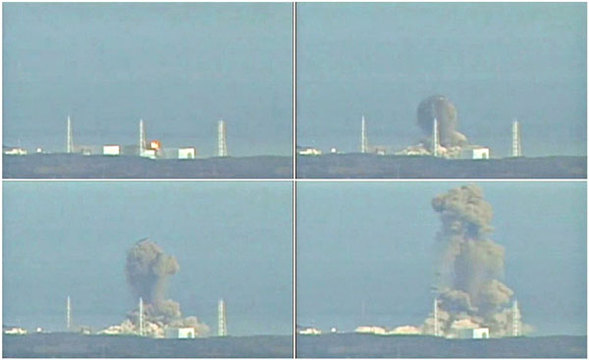Unknown Quantity - Foreword
"Contemporary civilization differs in one particularly distinctive feature from those which preceded it: speed. The change has come about within a generation," noted the historian Marc Bloch, writing in the nineteen-thirties. This situation brings in its wake a second feature: the accident. The progressive spread of catastrophic events do not just affect current reality, but produce anxiety and anguish for coming generations.
Read
